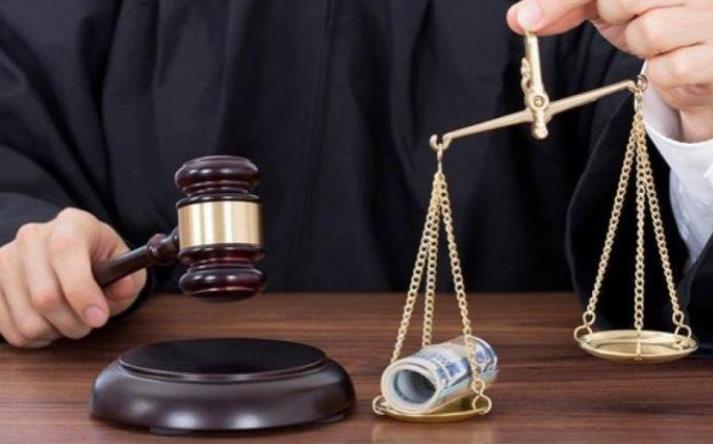Andreas Kapardis, Ph.D (Cambridge), Professor, gives his views on SPORT INTEGRITY:
As Ghada Waly, Executive Director UN Office on Drugs and Crime (UNODC), reminds her readers in the preface to the 2021 UNODC Global Report on Corruption in Sport, sport can be a major contributor to peace, it creates jobs, promotes healthy lifestyles, it inspires the young, enables sustainable development, creates jobs and plays a vital role in promoting healthy lifestyles and unites people.
At the same time, however, sport has become a huge industry nationally and globally and billions are bet legally and illegally in relation to it. Not surprisingly, therefore, organized crime, players, referees and others all over the world has been involved in fixing games and making billions through betting and not only.
It is worth noting in this context that Cyprus is ranked 104th out of 193 countries in the Global Organized Crime Index for 2021 published by the Global Initiative Against transnational Organized Crime. This should be a cause for concern.
A dictionary definition of integrity is the quality of being honest and having strong moral principles. Lack of integrity in sport is undoubtedly a cause for concern and a major cause for such lack constitutes corruption that can be defined as the abuse of one’s position for personal gain.
Corruption in sport affects the financial health of federations, clubs and athletes, and erodes public trust in and saps the societal impact of sports activities (UNODC, 2021, p.9). According to UNODC, in recent years there have been many examples of widely-publicized criminal prosecutions involving corruption in sport.
In 2018, for example, following an investigation by the Federal Bureau of Investigation (FBI),the launch of multiple and high-profile investigations by prosecutors and numerous private investigations for racketeering, fraud and corruption offences, a former member of the Fédération Internationale de Football Association (FIFA) Executive Committee (now FIFA Council) was sentenced to nine years in prison.
In another case, authorities in France convicted the former President of the International Association of Athletics Federations (IAAF), alongside other international officials, of corruption. In 2019, the International Olympics Committee (IOC), decided to exclude the Association Internationale de Boxe Amateur from organizing boxing events at the following Summer Olympic Games in Tokyo because of mismanagement and governance issues, including concerns about competition manipulation.
Drawing on the UNODC report, there is consensus that the sports sector has undergone vast changes in recent decades. Globalization, a huge influx of money at the top level of professional sport (including money to be laundered) , the rapid growth of legal and illegal sports betting and significant technological advances including the internet have transformed the way sport is played and consumed and present an insurmountable challenge for those keen on combatting sport corruption.
Tackling the manipulation of sport competitions outcomes has become a Herculean feat indeed. Corruption within sports organizations has been exposed on a broad scale, not least concerning the awarding of hosting rights of major sport events. Some steps have already been taken but further framework strengthening is needed.
The role of organized crime groups in corruption in sport and the criminal infiltration of sports organizations has grown to a large extent and criminal groups are exploiting vulnerabilities linked, for example, to legislative and regulatory frameworks that govern sport.
Measures that can be taken against sport corruption include:
- effectively implement the United Nations Convention against Corruption, including where appropriate, reviewing and updating legislation, regulations and rules to bring them in line with the principles of the Convention.
- Develop comprehensive policies on anti-corruption in sport based on corruption risk-assessment, including those related to the organization of major sports events, competition manipulation, illegal betting and the involvement of organized crime groups.
- Establish bodies at the international organization, government and sport body levels that have clear responsibility for the prevention, detection, investigation and sanctioning of corruption in sport that have the necessary independence, training and resources needed to carry out their mission effectively.
However, despite many reforms that have been adopted and initiatives developed, as sport associations do not possess the capacities and powers of law enforcement agencies and criminal justice authorities, they are very limited in how much they can impact on sport corruption and, thus, to enhance sport integrity.






